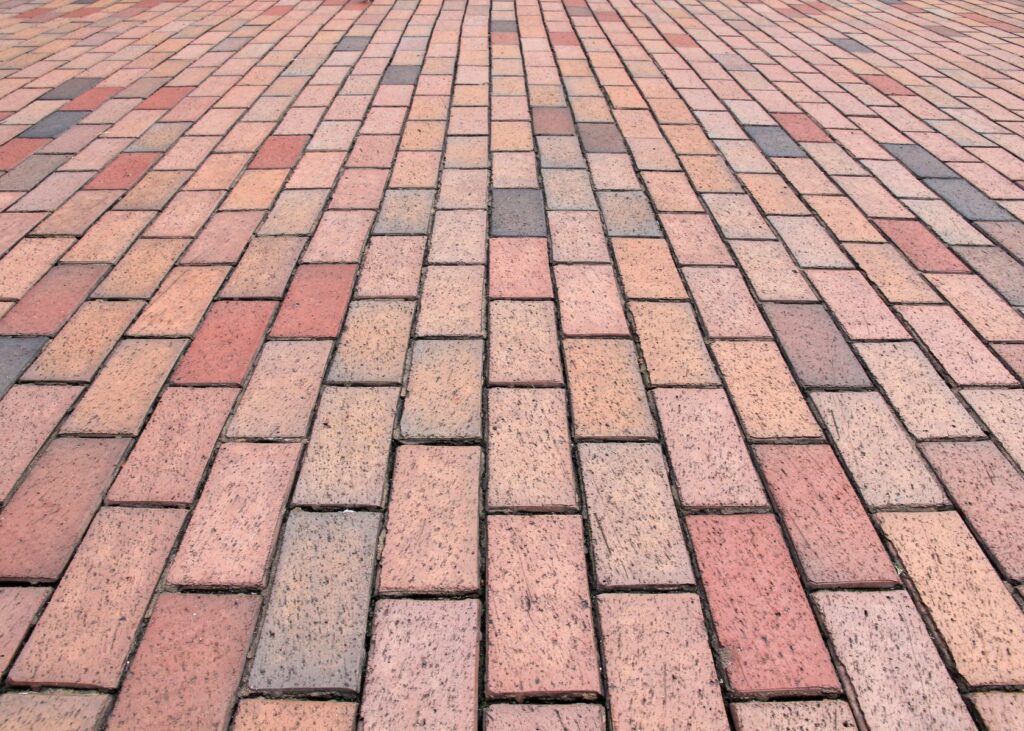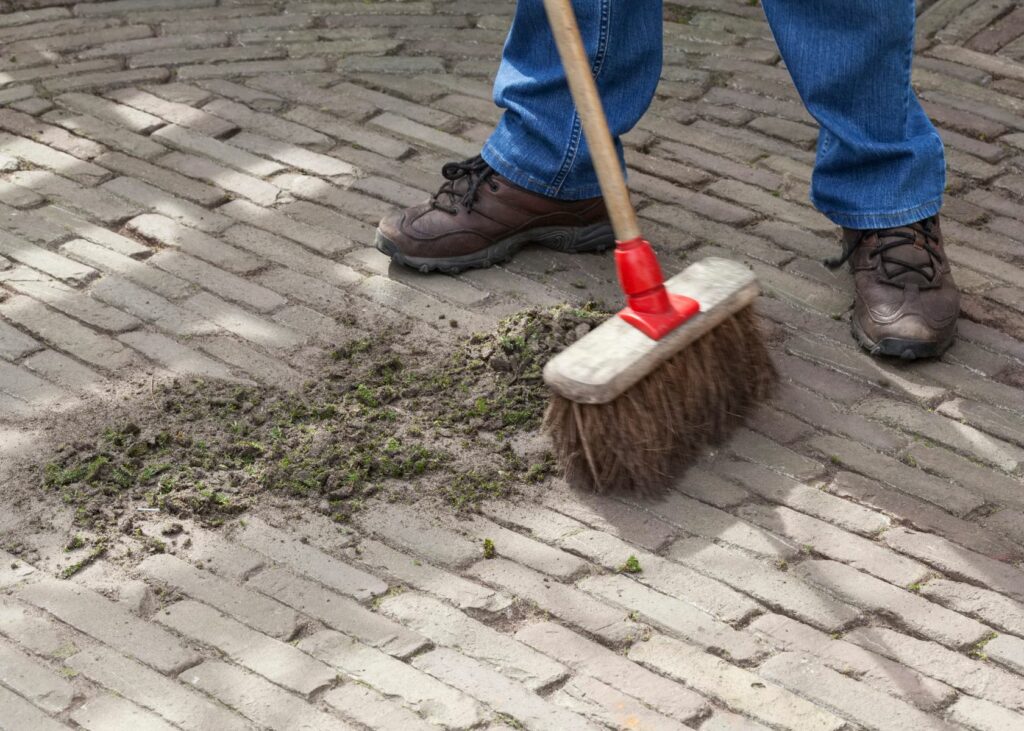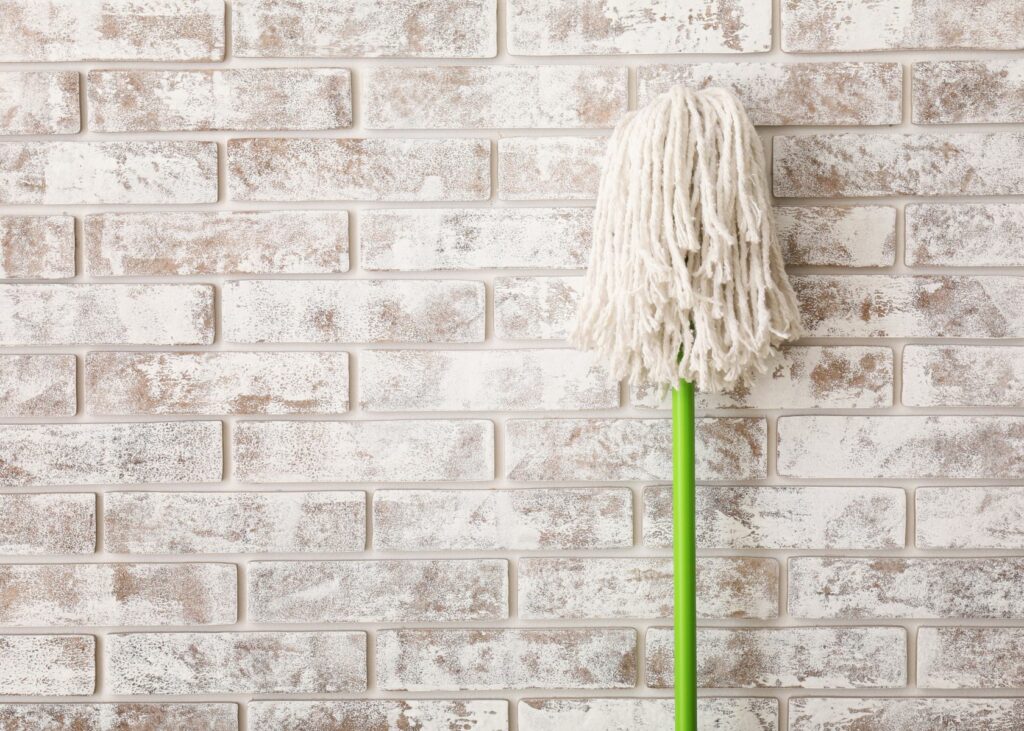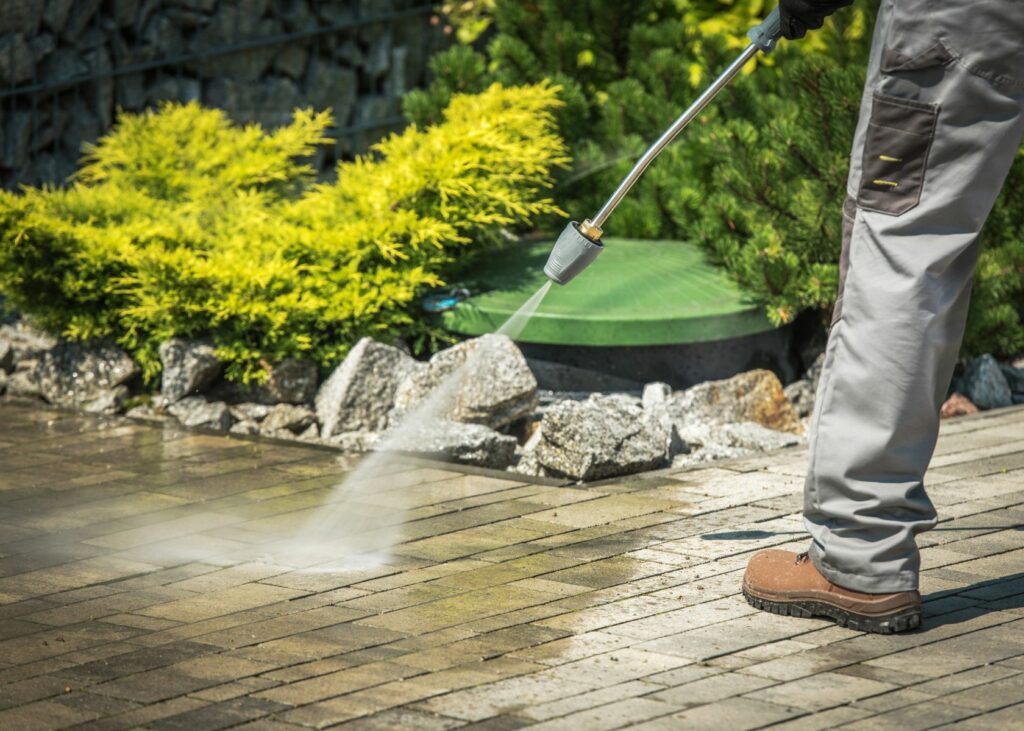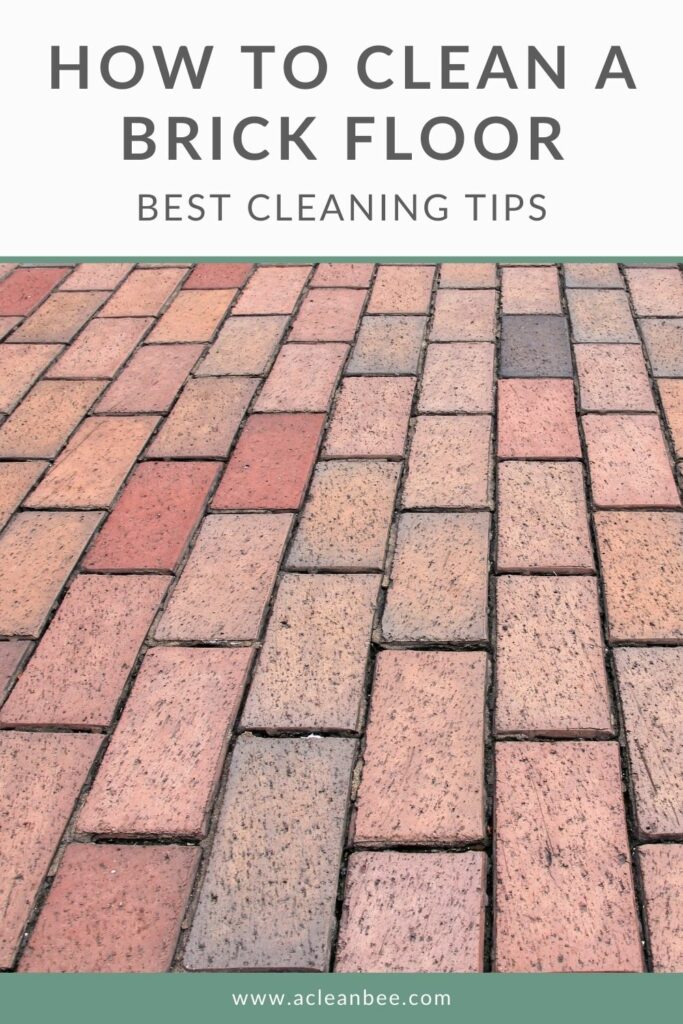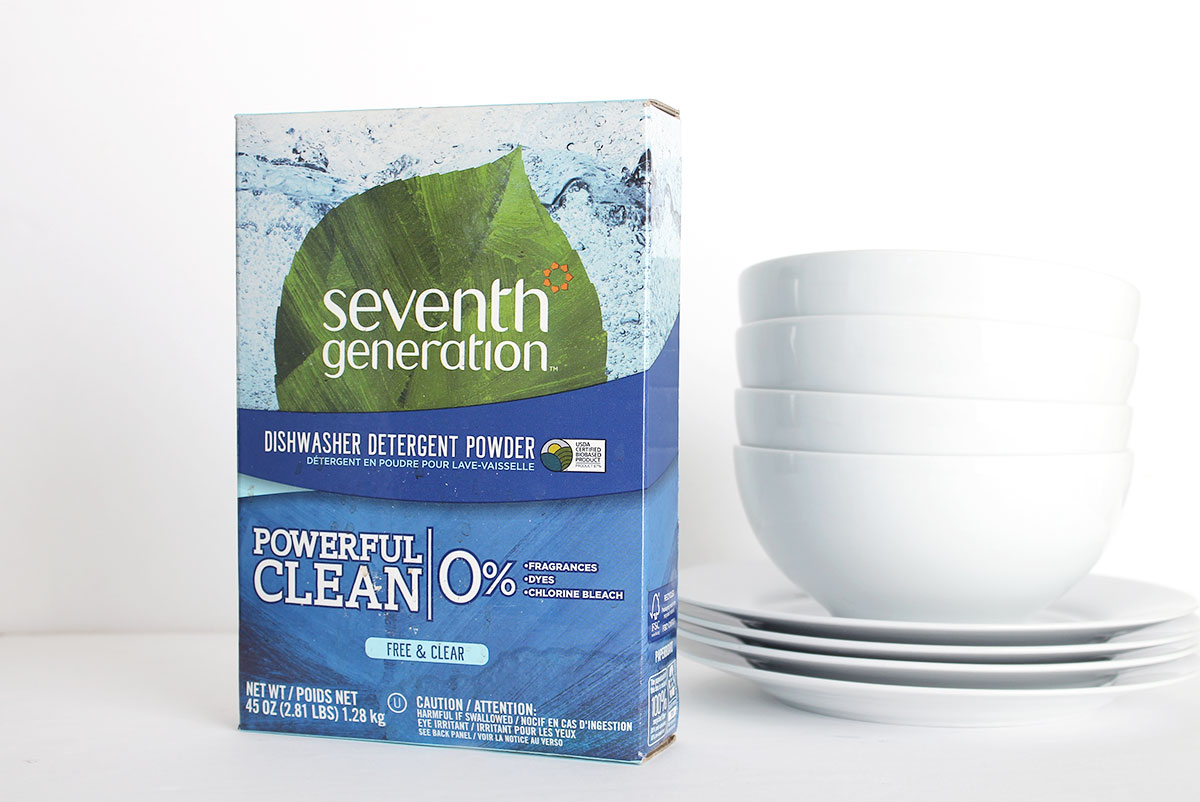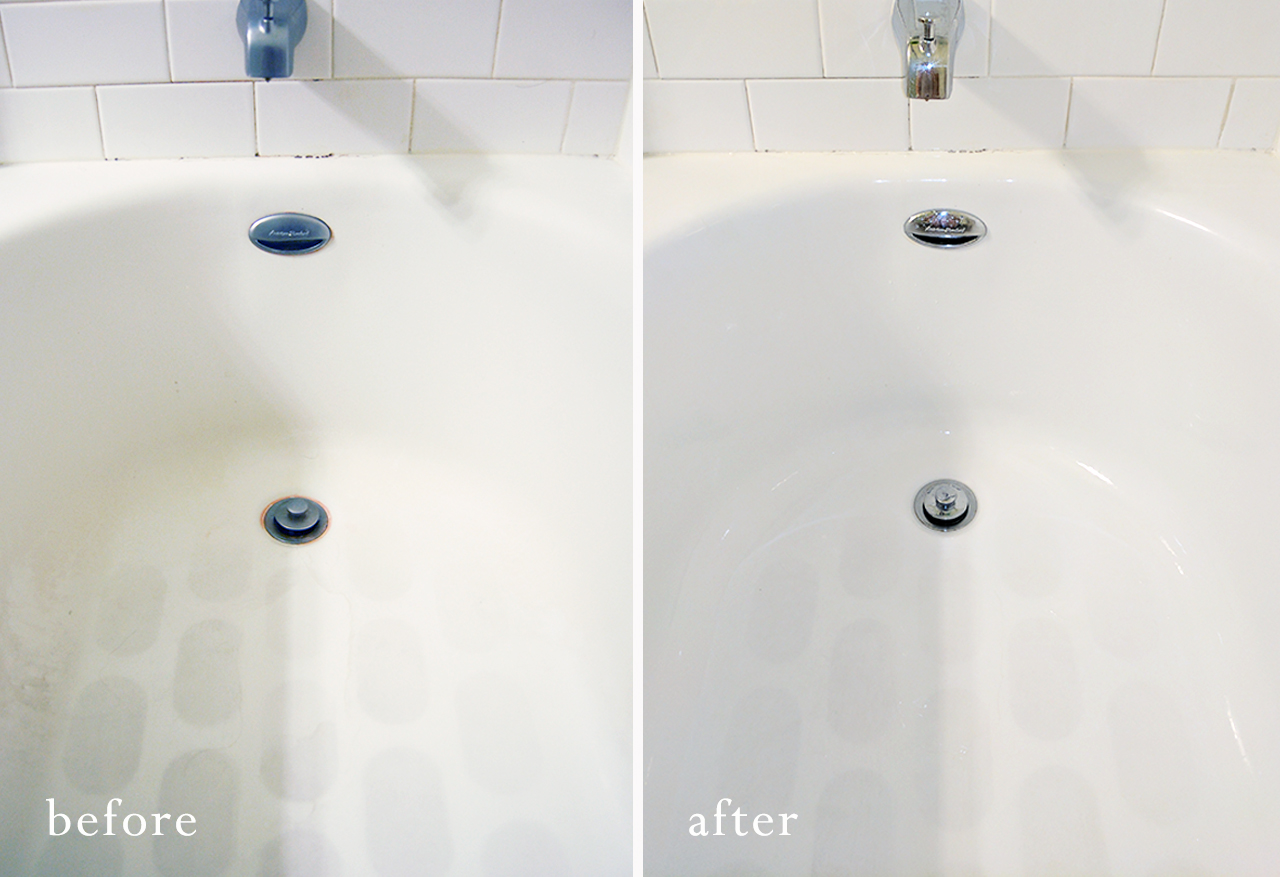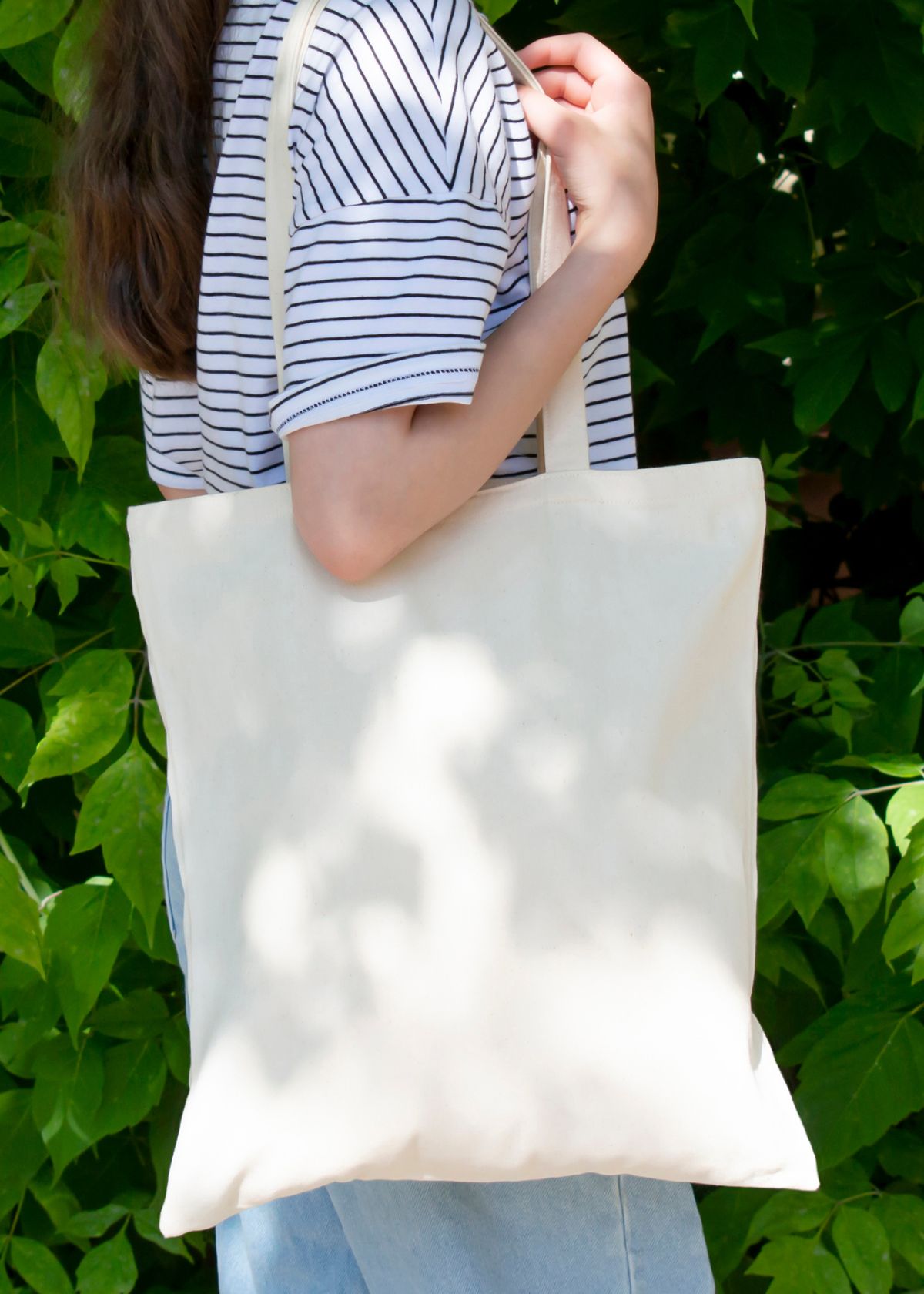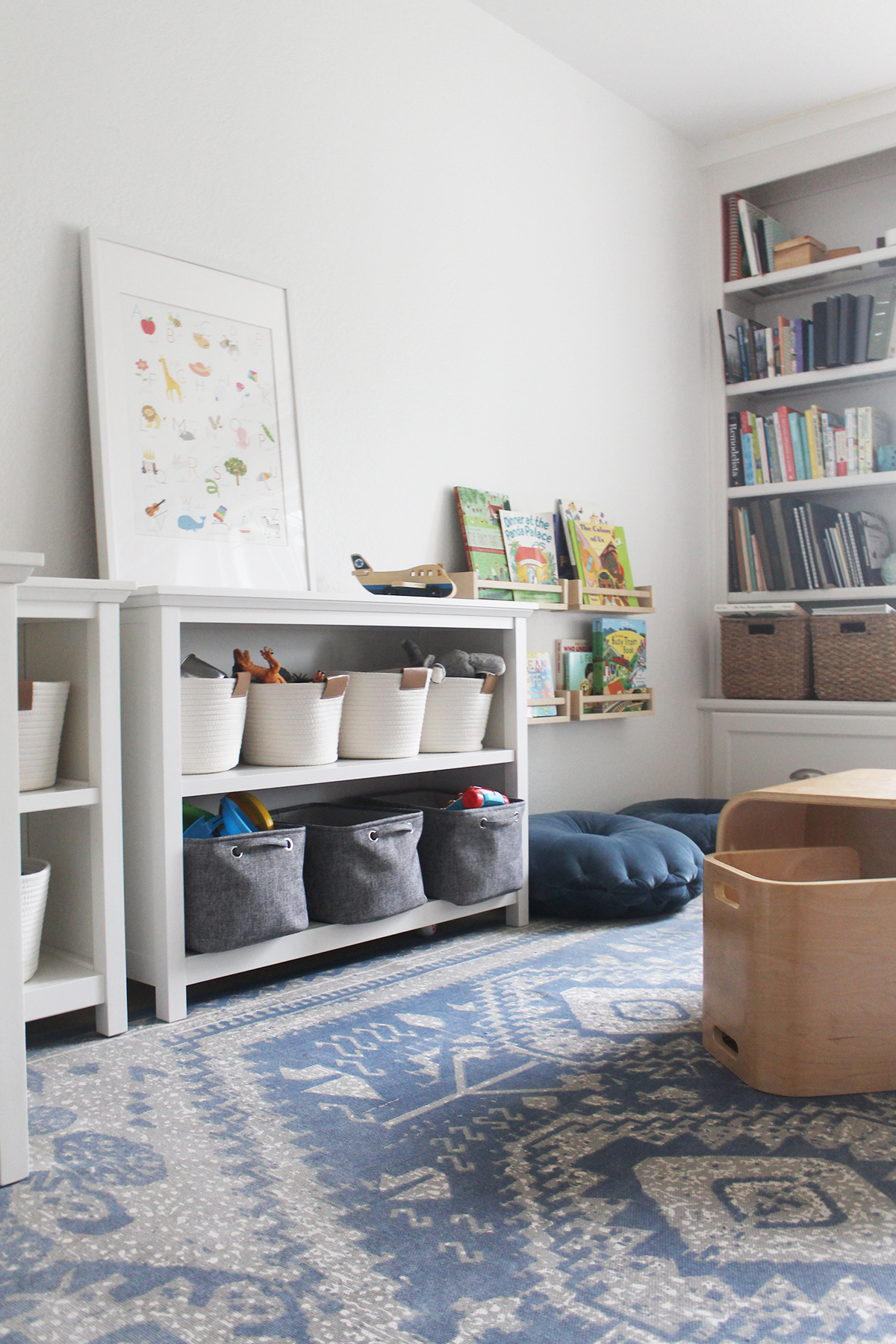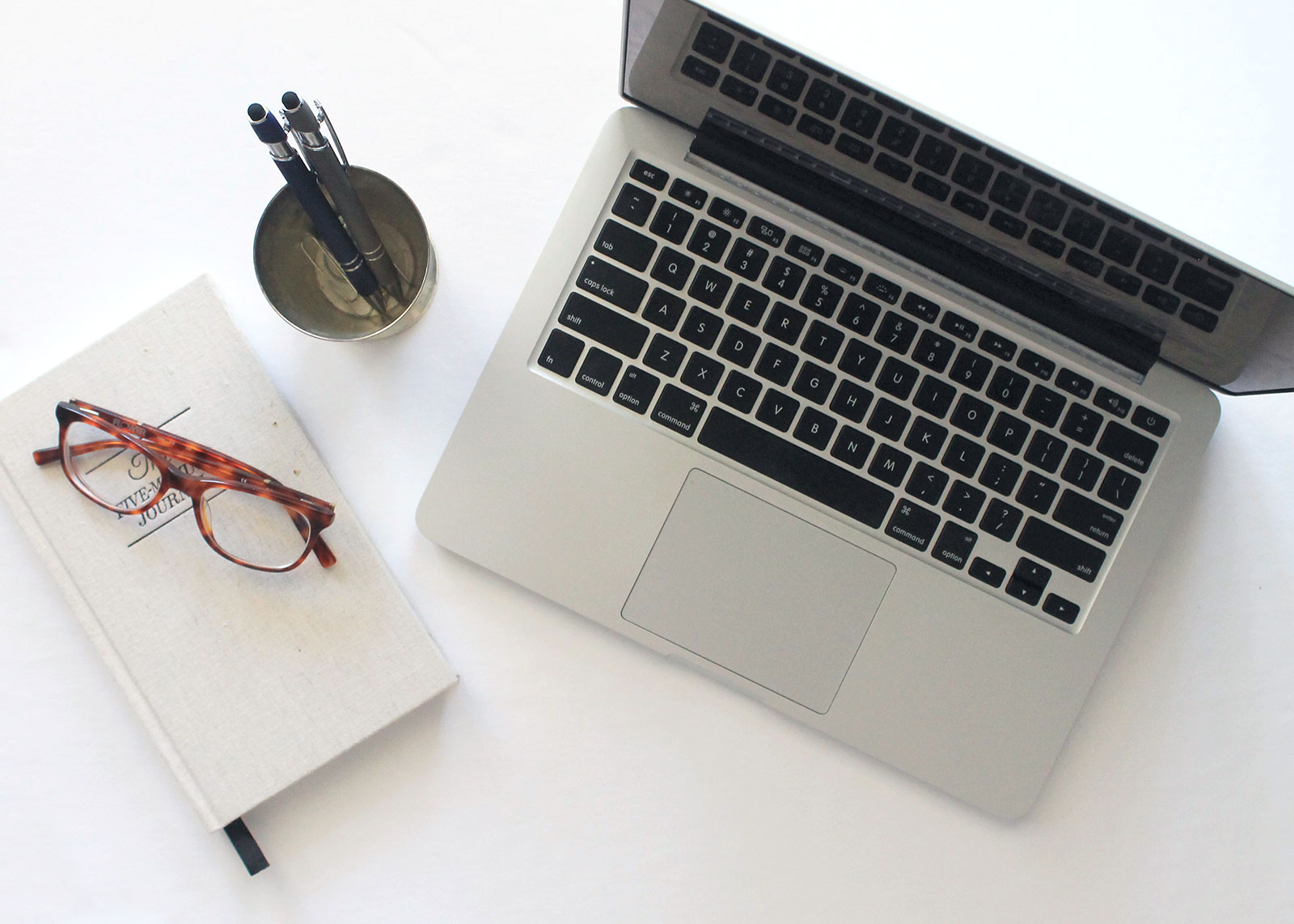How to Clean Brick Flooring
There’s something about brick that gives off a cozy energy. Brick flooring adds a beautiful rustic touch to whatever space it occupies. Because brick is so porous, however, it requires a different cleaning technique than other floors. Luckily different doesn’t mean difficult! I’ll teach you the simplest methods to clean brick flooring (or brick fireplaces!).
Quick Navigation
Sweeping and Vacuuming Brick Floors
One of the most important steps for maintaining the cleanliness and longevity of your brick floors is sweeping or vacuuming regularly. Over time, due to the rough texture of bricks, dirt and grime can build up and even damage the sealant. Avoiding this problem is as simple as a good old-fashioned sweep or a quick vacuum.
Tips for Sweeping Brick Floors
Sweeping brick floors is a simple way to keep them clean and in their best shape.
- Sweep daily to avoid a build-up of particles that can possibly damage the brick over time.
- Make sure you get bristles into the mortar between bricks as dirt and grime has a tendency to hide there.
- A stiff bristled broom works best for this as the bristles will pick up dirt from the bricks and in between.
Tips for Vacuuming Brick Floors
A high-powered vacuum will suck away dirt, grime, or accumulated pet hair from uneven surfaces like brick flooring. If you don’t have the time to sweep, use a sturdy vacuum to clean your floors and maintain your brick flooring.
- Use a vacuum with an attachment specifically for hard floors with a soft head to ensure it’s working correctly to pick everything up off the brick.
- Avoid attachments like beater bars because they can wear away the brick’s sealant or surface.
How to Mop Brick Floors
Materials:
- A mild cleaning solution (either a DIY solution, dish soap, or your favorite solution specifically formulated for brick and tile)
- A spin mop or a microfiber mop (avoid sponge mops as they don’t hold up well on brick floors)
- Mop Bucket
- Towel or other soft cloth
Time needed: 30 minutes
Due to the rough texture of brick flooring, you need to use a specific kind of mop that will not tear easily against the rough, uneven surface of your brick floors. For instance, a sponge mop will catch on rough surfaces, so it’s best to use a microfiber or spin mop on brick flooring.
If you are regularly sweeping your brick floors, they can be mopped only sometimes, depending on the traffic. In high-traffic areas, you may need to mop weekly, but in lower-traffic areas, biweekly or even monthly will do just fine.
- Mix the Cleaning Solution
If you use a purchased premixed solution, add that to your mop bucket with water. If mixing your own, add one part vinegar to ten parts warm water into your bucket. Alternatively, you can use two tablespoons of Borax mixed with one gallon of water.
- Prepare the Mop
Dampen your mop in the cleaning solution, and wring out any extra water. This is where a spin mop comes in handy to ensure all the excess water is off before you begin mopping.
- Do the Mopping
Pass the mop back and forth over the bricks, applying some extra force if necessary to get into the cracks where the mortar lies.
- Dry the Floor
After mopping, use a soft cloth or towel to soak up any residual water. Focus on the mortar or grout for this part to ensure water doesn’t build up there and lead to mildew.
Steam Cleaning Brick Floors
Steam cleaning is an easy, effective way to keep brick flooring clean. The steam enables you to clean and sanitize the floor quickly with water. Since sealed brick floors are both heat and moisture-resistant, they can withstand the effects of steam cleaning quite well.
Steam cleaning machines themselves might seem like an investment, and they can be expensive, but they are a multi-purpose tool. I use mine to clean everything, from bathroom floors to shower doors.
Run a steam cleaning machine or a steam mop over your brick floors, constantly moving to avoid water pooling in any one spot. The steam removes any dirt, grime, and bacteria from brick flooring.
Cleaning Outdoor Bricks
Because they are exposed to the elements, outdoor bricks can mildew easily. This is especially true if they’re in an area that isn’t exposed to regular sunlight. To eliminate mildew or moss build-up, it’s also a good idea to clean outdoor brick flooring regularly.
- Pick a cleaning solution. I recommend starting with water and mild dish soap. You would be surprised how much grime this simple solution can clean. A bleach solution will eliminate mold and mildew if you need something stronger.
- Apply the cleaning solution to the brick by pressing it with a sponge and allowing it to sit for a few minutes.
- Once the cleaning solution is applied, brush away grime with a natural bristle or nylon scrub brush.
- Pressure washing is a great option if you’re working with especially dirty brick. But avoid it if the brick on your house’s exterior is over 80 years old. Older brick is more delicate and more easily damaged.
Do You Need to Seal Brick Floors?
Unless your brick floors are pre-sealed bricks, sealing your brick floor will make it much easier to clean and protect the floor from damage and regular wear and tear. Without sealant, bricks are porous and will take on stains and dirt.
More Brick Floor Cleaning Tips
Brick Floor Dust
Regularly sweeping or vacuuming will handle most dust that accumulates on brick flooring. Sweeping should get the dust off the surface and out of the grout of your brick floors.
Brick Floor Grout
If you have stains or build-up in your grout, adding a tablespoon or so of baking soda to your cleaning solution while mopping can add just enough abrasive power to scrub away that staining.
FAQs
Brick flooring has a reputation for being hard to clean because its rough, porous surface traps dust and dirt. Beyond a daily sweep, though, the rest of the cleaning process for brick floors is much the same as any other flooring.
Vinegar will not damage traditional clay brick flooring, and a solution of one cup of vinegar in a mop bucket of warm water will clean your bricks and make them shine. However, if you’re working with concrete bricks, the acidity in the vinegar will weaken the concrete over time. Avoid cleaning with vinegar for this type of brick.
Yes. Brick flooring is incredibly durable since it’s designed to withstand outdoor elements. If it’s properly sealed, brick floors are nearly waterproof.
A cup of vinegar mixed with warm water applied to clay bricks will return them to their original shine and refresh brick flooring. If your floors look dull no matter what you do, it might be time to reapply a sealant.

